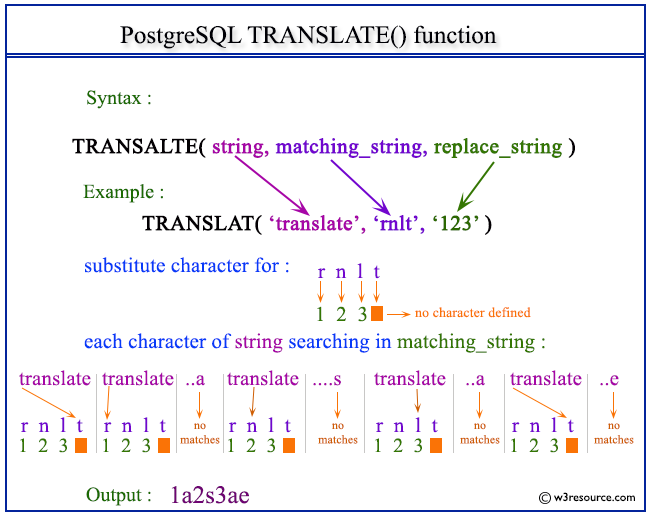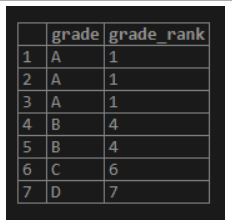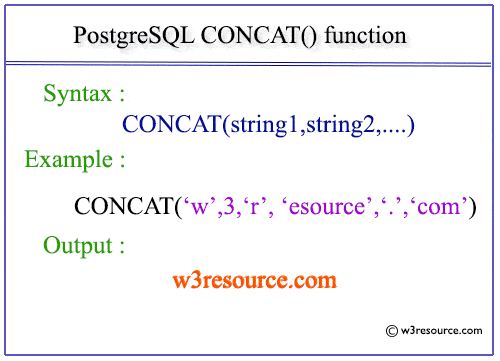

Should typically be used instead of the more verbose equivalent,Į.g. The year has an offset of +11:00 because the result transitioned into daylightĮach kind above has a corresponding Trunc subclass (listed below) that Values returned when this timezone is active will be: The timezone offset for Melbourne in the example date above is +10:00. The datetime is converted to the new timezone before the value is truncated. The is_dst parameter is deprecated and will be removed in Django 5.0. (when is_dst=None), pytz raises an exception for such datetimes. Nonexistent and ambiguous datetimes in daylight saving time. The Melbourne timezone (UTC +10:00), which changes the day, weekday, and hourĭeprecated since version 4.0: The is_dst parameter indicates whether or not pytz should interpret To that timezone before the value is extracted. If a different timezone is active in Django, the datetime is converted When USE_TZ is True then datetimes are stored in the database end_date_year = ExtractYear ( "start_date" ). isoweekday = ExtractIsoWeekDay ( "start_date" ). weekday = ExtractWeekDay ( "start_date" ). quarter = ExtractQuarter ( "start_date" ). isoyear = ExtractIsoYear ( "start_date" ). > from datetime import datetime, timezone > from django.db.models.functions import (.

That deal with date-parts can be used with DateField: Since DateFields don’t have a time component, only Extract subclasses EachĬlass is also a Transform registered on DateField and DateTimeField These are logically equivalent to Extract('date_field', lookup_name). lookup_name = 'iso_week_day' class ExtractWeek( expression, tzinfo = None, ** extra) ¶ lookup_name = 'week' class ExtractQuarter( expression, tzinfo = None, ** extra) ¶ lookup_name = 'quarter'

Returns the ISO-8601 week day with day 1 being Monday and day 7 being lookup_name = 'iso_year' class ExtractMonth( expression, tzinfo = None, ** extra) ¶ lookup_name = 'month' class ExtractDay( expression, tzinfo = None, ** extra) ¶ lookup_name = 'day' class ExtractWeekDay( expression, tzinfo = None, ** extra) ¶ lookup_name = 'week_day' class ExtractIsoWeekDay( expression, tzinfo = None, ** extra) ¶ Returns the ISO-8601 week-numbering year.

Returned when this timezone is active will be the same as above except for:ĭateField extracts ¶ class ExtractYear( expression, tzinfo = None, ** extra) ¶ lookup_name = 'year' class ExtractIsoYear( expression, tzinfo = None, ** extra) ¶ Timezone offset for Melbourne in the example date above is +10:00. The datetime is converted to the timezone before the value is extracted. If a different timezone like Australia/Melbourne is active in Django, then Provided by zoneinfo, can be passed to extract a value in a specific Of the date referenced by lookup_name as an IntegerField.ĭjango usually uses the databases’ extract function, so you may use any TimeField, or DurationField and a lookup_name, and returns the part Takes an expression representing a DateField, DateTimeField, Extract ¶ class Extract( expression, lookup_name = None, tzinfo = None, ** extra) ¶Įxtracts a component of a date as a number.


 0 kommentar(er)
0 kommentar(er)
